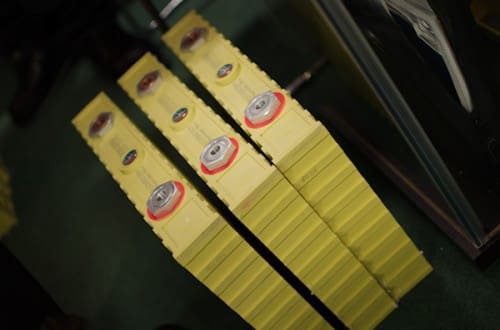An interesting morning today at the Eco Technology Show and Smart Business Conference, which are taking place at Falmer Stadium in Brighton this weekend. The highlight was a debate between MPs Caroline Lucas (leader of the Green Party), Greg Barker (Minister for Climate Change, Con) and Norman Baker (Undersecretary of State for Transport, Lib) titled ” The conundrum of economic growth in a resource constrained world”.
A heated debate, to be sure (sample early quote “This government is not about an austerity agenda,” which set the general tone), but one in which no-one mentioned the fact that ‘sustainable growth’ has come to mean so many different things it’s meaningless. When the new planning laws went through, a key criticism is that by defining sustainable growth as continually growing in financial terms – with no environmental considerations at all – you could get around most of the core provisions with a few clever semantics.
More critical to this particular discussion, however, was the issue of the Green Deal – details of which were released earlier this week. Barker put forward the idea (that he’s made elsewhere) that it’s one of the most significant investments in infrastructure since the war. Lucas shot back with criticism that it’s likely to benefit big businesses rather than the environment or small, local firms.
These two arguments are well enough documented elsewhere on the web, but on the show floor it was the latter one that I heard repeated most often. Several firms told me that they’d given up trying to get Green Deal Certified – which entitles them to certain subsidies and preferential loan rates, as well as work through energy suppliers – because they felt the terms were simply skewed against them.
Depressing, yes. But it shouldn’t detract from the cool stuff on the show floor. Notably cheap EV mopeds, which look a bit like Lambrettas, that cost less than £2000. I would absolutely buy one if it wasn’t for the fact my commute to work is only 200 yards. Also, it was the first time I’ve seen lithium batteries for storing energy from domestic solar arrays which are almost – but not entirely – reasonably priced (around £3000 on top of the cost of the solar array).
Oh yeah – one final thing. Birmingham is doing some really interesting stuff when it comes to smart city technology. It’s spent a fortune on working out how it can save money in the long run using something like the Rio de Janerio model – and at this stage it looks very promising.





Leave a Reply